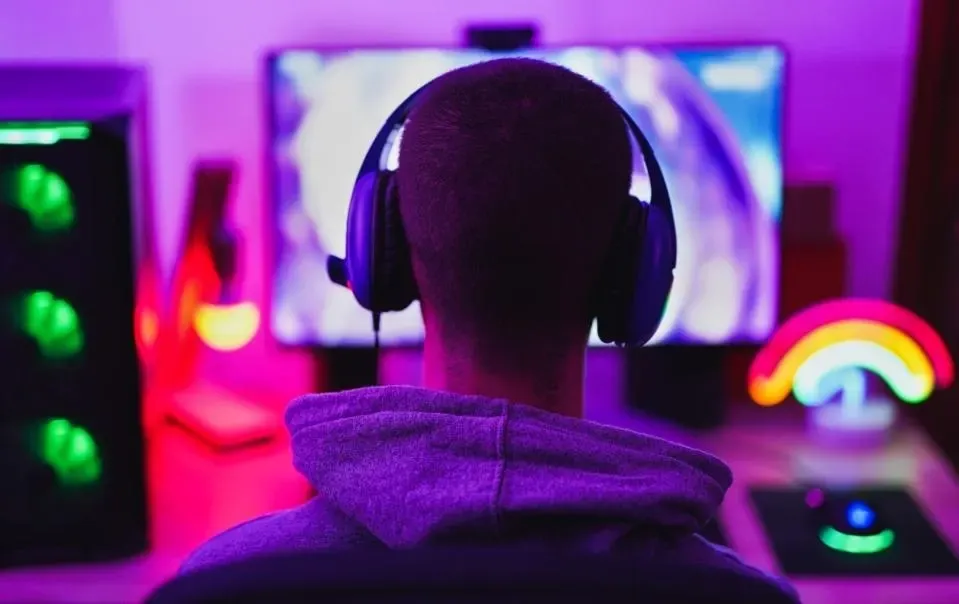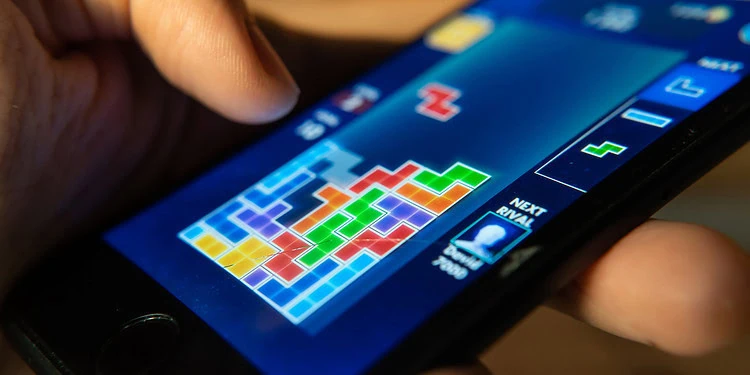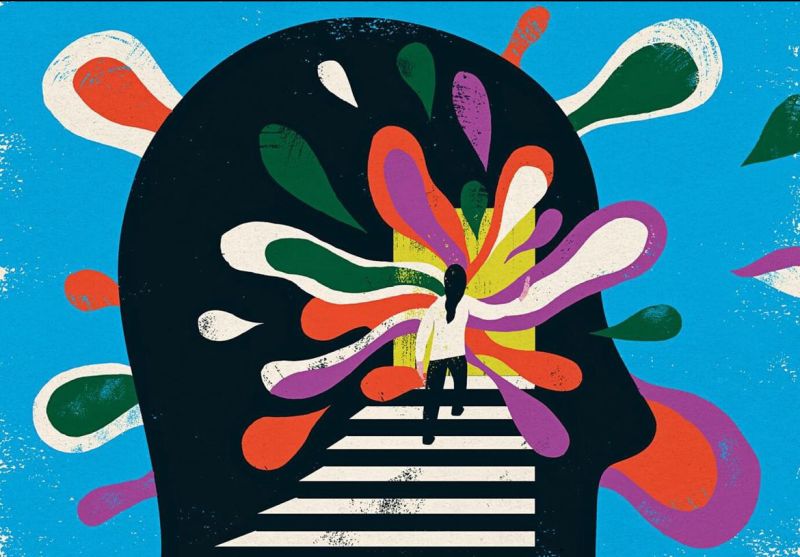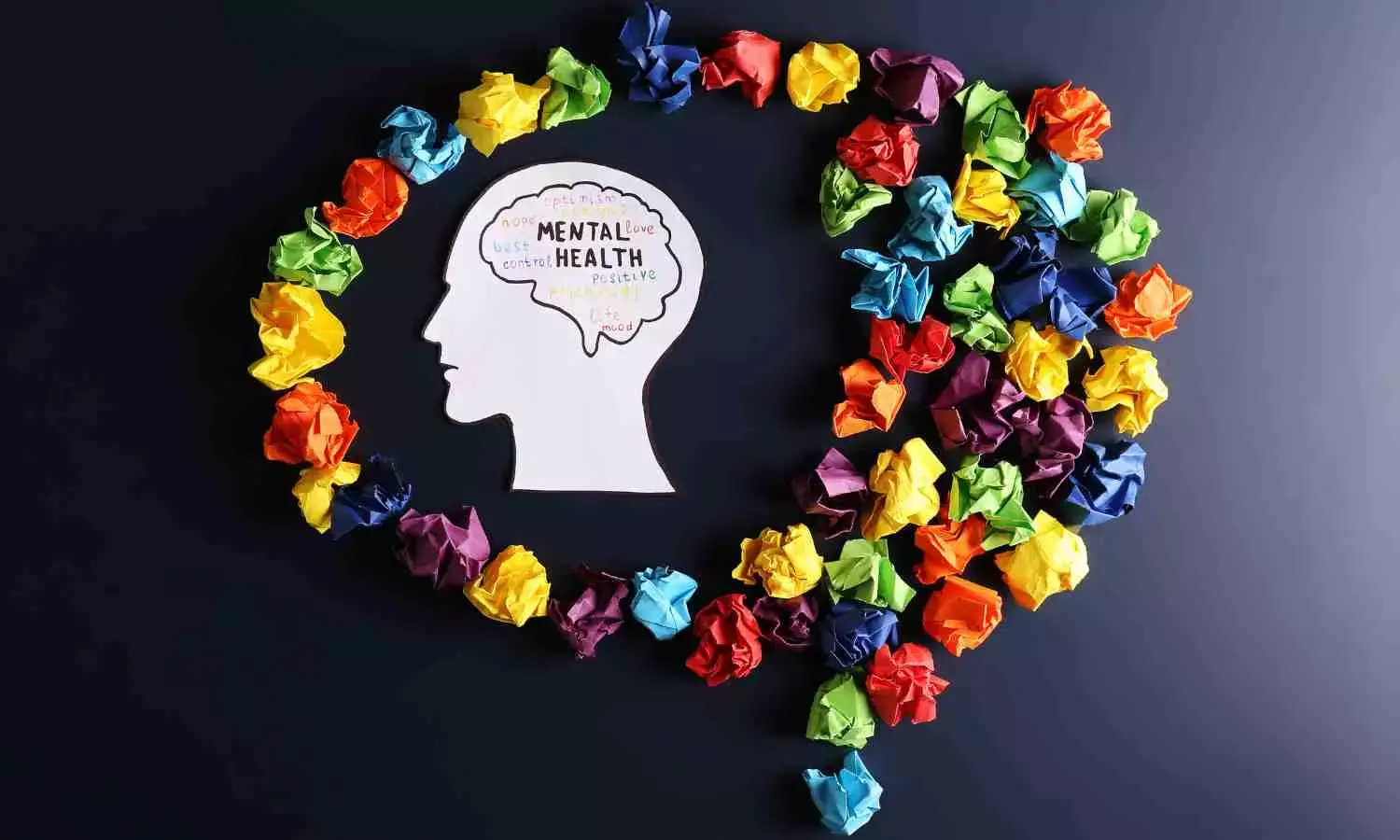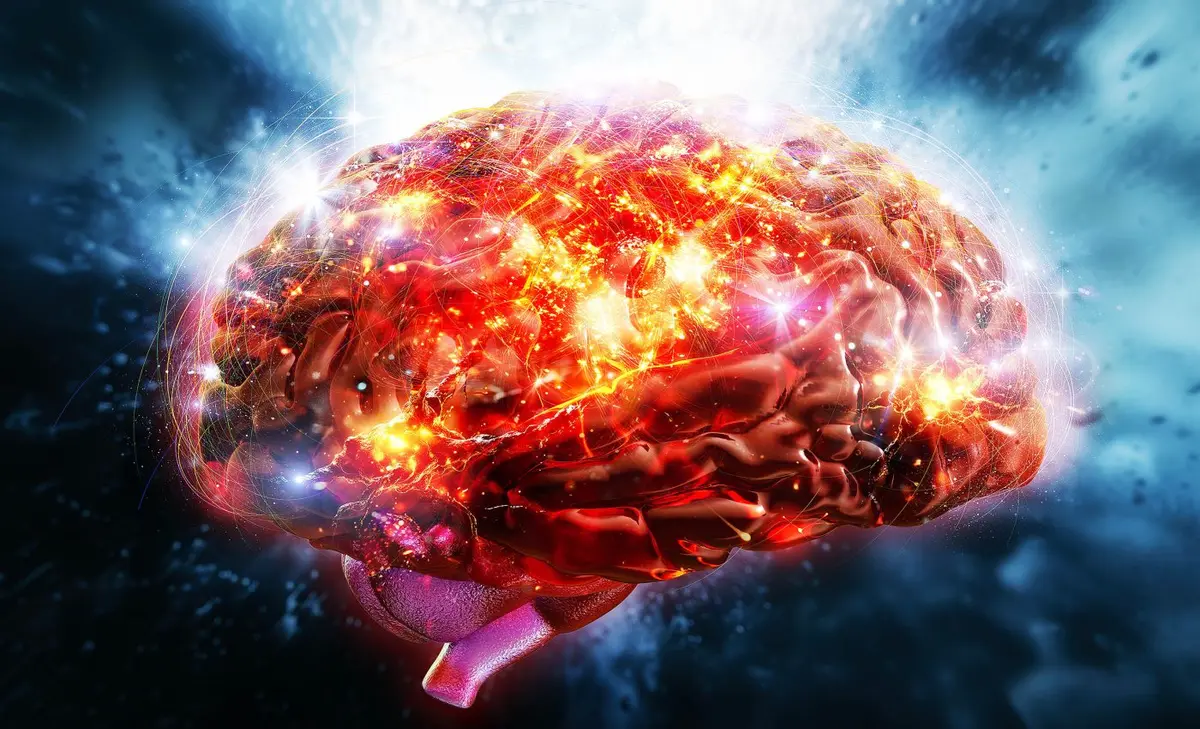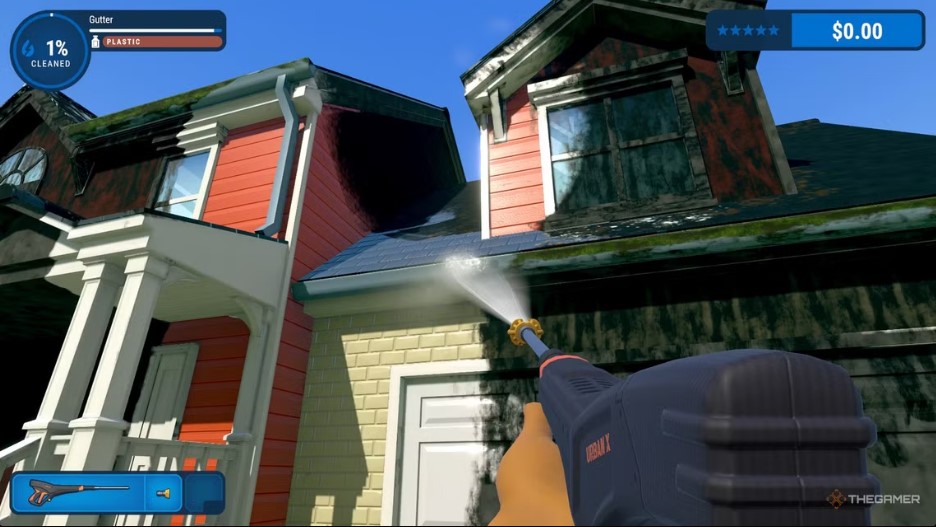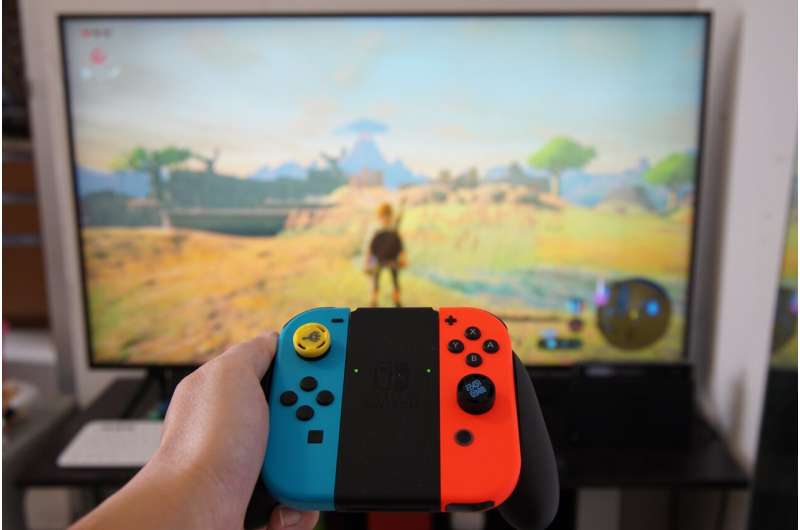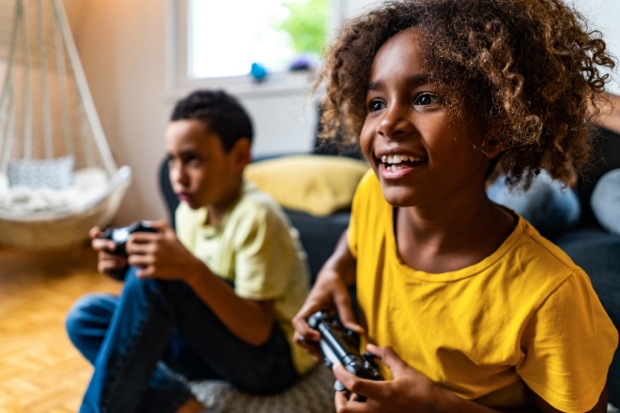Not surprisingly, very few non-gamers believe that gaming can have positive impact on mental health.
A U.K. suicide prevention organization commissioned a YouGov survey of 2,085 people which discovered that just 7% of non-gamers and non-streamers think these activities have a positive impact on mental well-being.
Dr Jo Twist, the CEO of UK Interactive Entertainment, added: “Games play an important and positive role in the lives of players. But persistent, inaccurate and negative stereotypes around games mean many miss the benefits they can offer or inadvertently discourage play that could be having a positive impact on people’s lives.â€
Leading with the facts about the benificial and potentially harmful aspects of games is key to maximizing video games therapeutic potential.
Steering away from video games that have unmoderated socialization, predatory monetization strategies and energy dynamics that pull the player unwillingly back in the game can help weed out games that may not be suitable for vulnerable populations.
That leaves large swath of games that offer positive mental health and socialization opportunities – many of which (but not all) are sold outside the “free-to-play†business model.
Source

